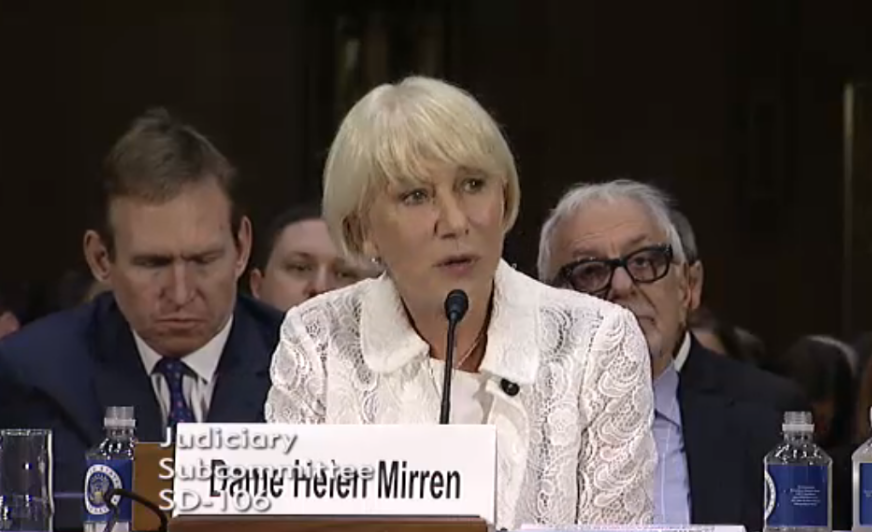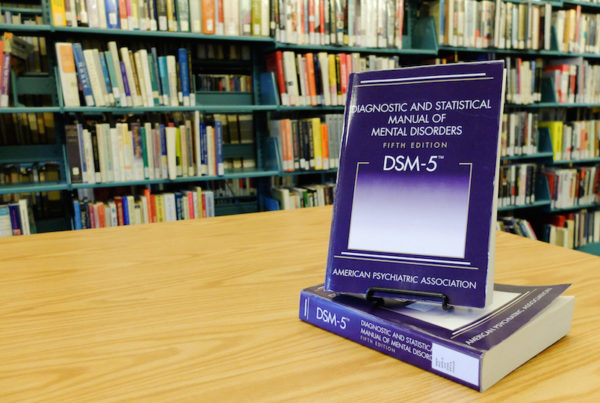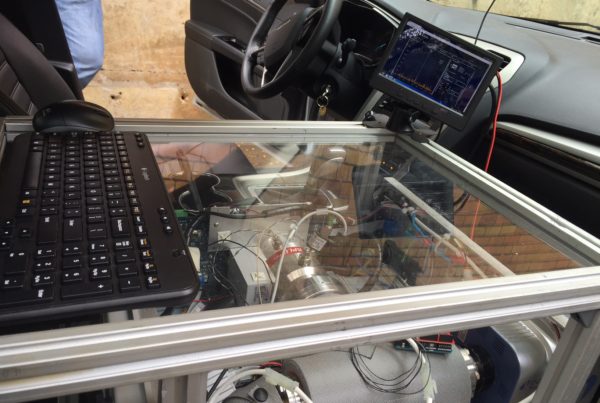From Houston Public Media:
The Senate Judiciary Committee held a hearing Tuesday on a bill to help the families of Holocaust victims to recover art and artifacts looted by the Nazis. Texas Sen. John Cornyn sponsored the bill, while Sen. Ted Cruz is a co-sponsor.
Many of the artworks or artifacts stolen from Jewish families wound up in state museums or private collections after World War II. When the survivors of Holocaust victims have sought to recover the pieces, the new owners have often been able to convince courts to treat such items as any other stolen artwork. Since the thefts occurred more than 70 years ago, the statute of limitations to come forward to claim their property has long since expired.
Sen. Cruz heads one of the subcommittees with jurisdiction over the bill and co-chaired the hearing.
“The quest to reunite families of Holocaust victims with their stolen heritage is ultimately a quest to help them reclaim a tangible link to a happier time in their families’ history, a time before the darkness of the Holocaust. That’s far more valuable than whatever economic value the works of art or cultural artifacts might have today,” Cruz said.
The issue gained attention last year with the release of Woman In Gold, a film about Maria Altmann’s legal fight to recover her family’s paintings from the Austrian government. Dame Helen Mirren, who portrayed Altmann in the film, testified at the hearing.
“Art is a reflection of memories that are shared across familial and cultural lines,” Mirren said. “When the Jewish people were dispossessed of their art, they lost their heritage. Memories were taken along with the art, and to have no memories is like having no family. And that is why art restitution is so imperative.”
The Holocaust Expropriated Art Recovery (HEAR) Act would reset the clock for victims’ families seeking to recover art or artifacts. Those family members would have until six years after they’ve discovered the location and identity of the property to file a claim.
Click here to view video from the Senate Judiciary Committee.















